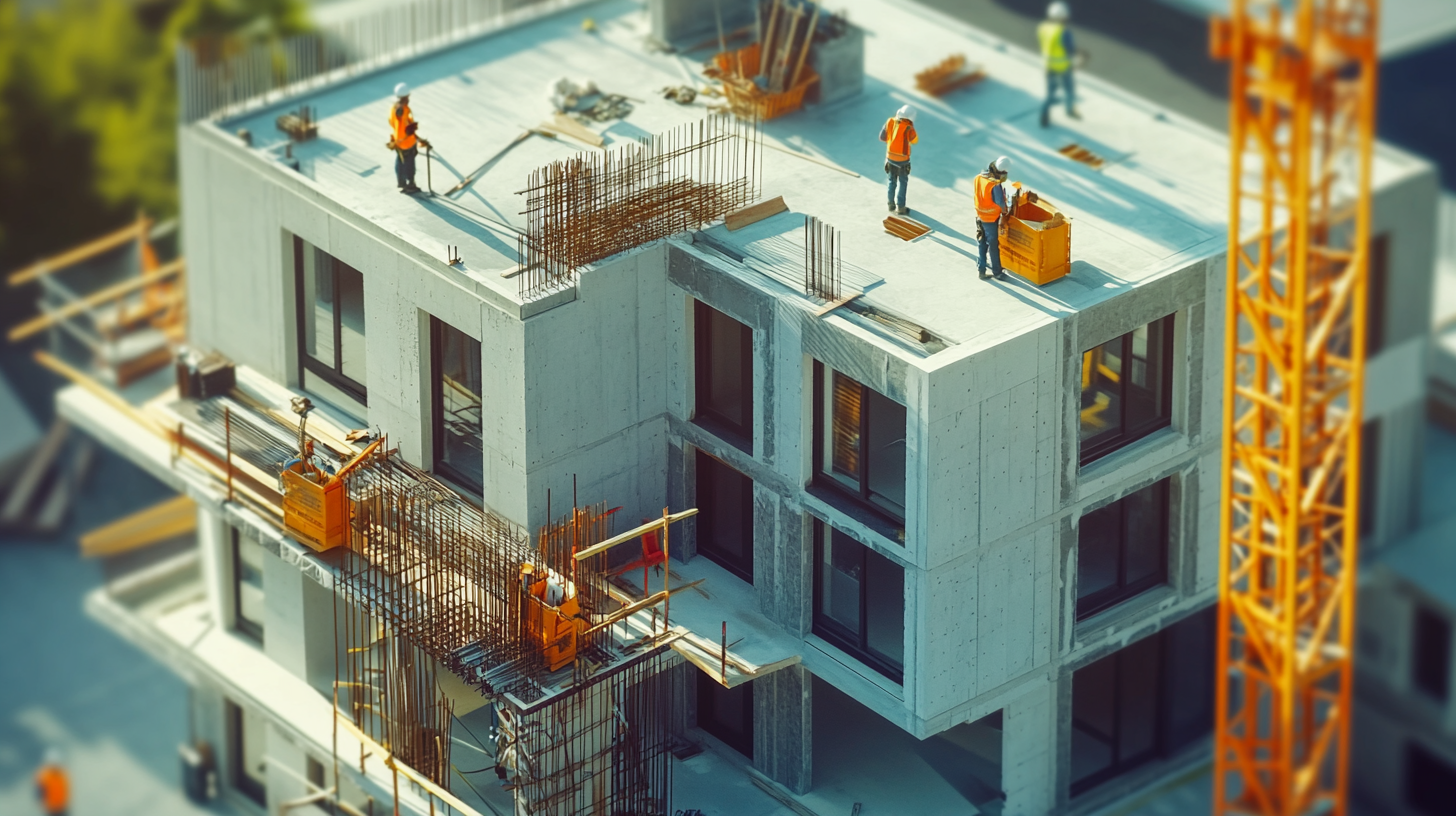
How to Avoid Delays During Home Construction
Creating your dream home is a thrilling experience, but it often comes with challenges—especially delays in construction. Factors like poor planning, limited labor availability, unexpected weather conditions, and sudden design modifications can significantly disrupt timelines, causing stress and increasing your overall budget.
The good news? Many of these delays are entirely avoidable with proper strategies. This blog will walk you through the most common reasons for home construction delays and provide you with actionable, effective tips to ensure your construction stays on track.
Common Reasons for Home Construction Delays
Understanding why construction projects get delayed is the first step in avoiding them. Below are some typical reasons that can derail your timeline:
Poor Project Planning
Bad initial planning can lead to scheduling conflicts, missed deadlines, and wasted resources. A lack of clear milestones often leaves homeowners and builders scrambling midway through the project.
Inadequate Permits and Approvals
Ignoring the legal clearances required for construction can bring your project to a sudden halt. Pending permits can delay construction schedules by weeks or even months.
Weather and Environmental Factors
Mother Nature is a variable you cannot control. Adverse weather events like heavy rain, storms, or extreme temperatures often slow down construction work.
Material Shortages or Late Deliveries
Construction delays are often the result of suppliers failing to deliver materials on time. Additionally, shortages of raw materials can drastically impact workflows.
Labor Unavailability
Skilled labor shortages or an overbooked contractor can delay your project. Labor downtime tends to create significant backlogs in home construction.
Scope Changes and Design Modifications
Changing the scope of work mid-construction or asking for last-minute design alterations can disrupt everything from material orders to labor schedules.
Budget Issues or Payment Delays
Financial bottlenecks or delayed payments to builders and suppliers can bring ongoing construction to a standstill.
Now that we’ve identified the common causes of delays, let’s explore how you can prevent them.
How to Avoid Delays During Home Construction
Maximizing efficiency and ensuring a smooth workflow comes down to meticulous planning and effective communication. Here’s how you can stay proactive:
1. Plan Thoroughly from the Start
Create a detailed project blueprint with your architect and contractor before construction begins. Discuss realistic timelines and milestones. This prevents rushed decisions once the project is underway.
💡 Pro tip: Use project management tools like Buildertrend to stay organized and track progress.
2. Choose a Reputable and Experienced Builder
Selecting an experienced builder with a reputation for on-time delivery can save you a lot of headaches. Read client reviews and ask for examples of completed projects before signing on the dotted line.
Explore our experienced home construction services.
3. Finalize the Design Before Construction
Mid-project design changes can throw everything off balance. Work closely with your architect and builder to finalize every detail ahead of time.
4. Get Permits and Approvals in Advance
Ensure all necessary legal clearances, like building permits, are acquired before construction begins. Delays due to pending approvals are entirely avoidable with timely submissions.
5. Use Quality Materials from Reliable Suppliers
Collaborate with trusted suppliers to prevent late deliveries and low-quality materials. Order critical items well in advance to account for shipping or production delays.
6. Maintain a Contingency Budget
Unexpected expenses can disrupt construction progress, particularly if your budget lacks flexibility. To stay on track, set aside 10–15% of your total budget as a contingency for unforeseen costs.
7. Monitor Progress Regularly
Plan weekly site visits and meetings with your builder to identify potential issues early and ensure everyone stays accountable throughout the project.
💡 Pro tip: Use tools like CoConstruct for real-time updates on your project timelines.
8. Sign a Comprehensive Contract with Timelines
Your contract should include specified deadlines and penalties for delays. This ensures all stakeholders stay focused on timely completion.
9. Avoid Unnecessary Customizations Midway
Refrain from requesting excessive customizations once construction begins. Last-minute changes often disrupt established plans and lead to additional delays.
10. Communicate Effectively with Stakeholders
Maintain regular and open communication with your architect, builder, and suppliers. Clear instructions and updates minimize misunderstandings and wasted time.
By following these actionable steps, you can significantly reduce the likelihood of setbacks and complete your home construction project on time.
Key Takeaway Maximizing Efficiency in Home Construction
Avoiding delays during home construction doesn’t have to be a daunting task. By planning proactively, choosing the right builder, and communicating effectively, you can ensure your project stays on schedule.
Building your dream home is one of the most rewarding journeys you can take, so make sure to partner with a reliable construction company that values transparency and on-time delivery.
Looking for professionals you can trust?
Contact us today for a free consultation and start your hassle-free construction experience with our expert team.



